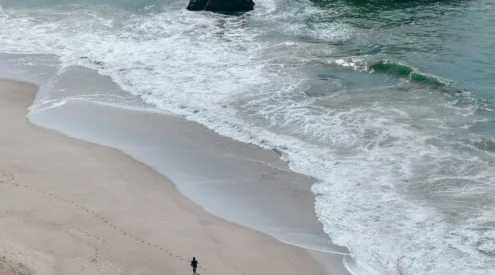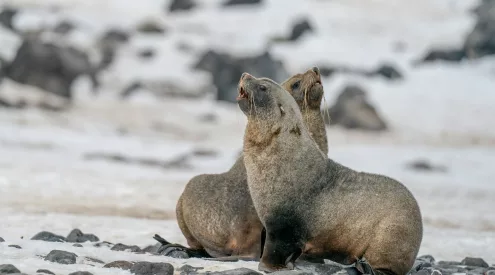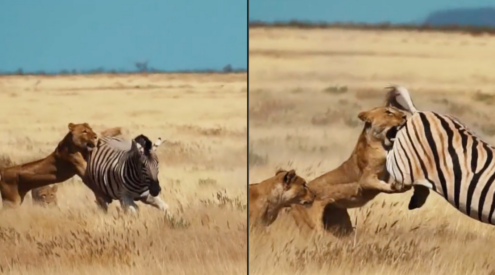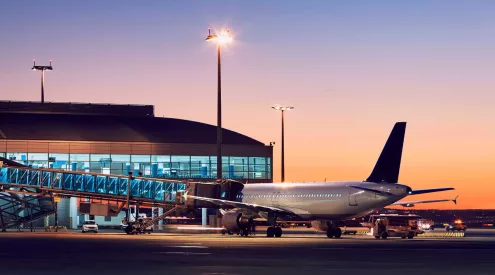Recently released crime statistics for 2018/2019 showed an increase in pangolin poaching in South Africa.
There were 28 instances detected this year in comparison to the previous year, with 16. While this may seem small, this 75% increase corresponds with the global pangolin trafficking trade. Pangolins are the second most trafficked mammal in the world, second to humans, with 100,000,000 estimated to have been poached in the last decade, according to TRAFFIC.
Also read: Free-access documentary may become the most watched ever
These critically endangered animals are trafficked for their scales and meat. Africa is considered a source location for the international trade, with African pangolins sent to Asia. Their meat is considered a delicacy and their scales are thought to be a cure for illnesses.
More than 68 tons of pangolin scales have been intercepted leaving Africa so far this year, according to the African Pangolin Working Group.
Groups like the African Pangolin working group assist the police in the seizure of trafficked pangolins, help the judiciary identify pangolin species and provide court statements at hearings of accused traffickers.
https://twitter.com/PangolinWorking/status/1155506464712220672
South Africa has serious penalties for those sentenced for pangolin trafficking. Those found guilty can be fined up to R10,000,000 or three-times the commercial value of the specimen depending which is greater. Prison sentences can be up to ten years and a judge can hand down both a fine and prison sentence.
Convictions for trafficking are still low with only 3 successful convictions in 2018, according to a presentation by the Department of Environmental Affairs. The longest prison sentence handed out was seven years.
Image source: African Pangolin Working Group/Twitter















